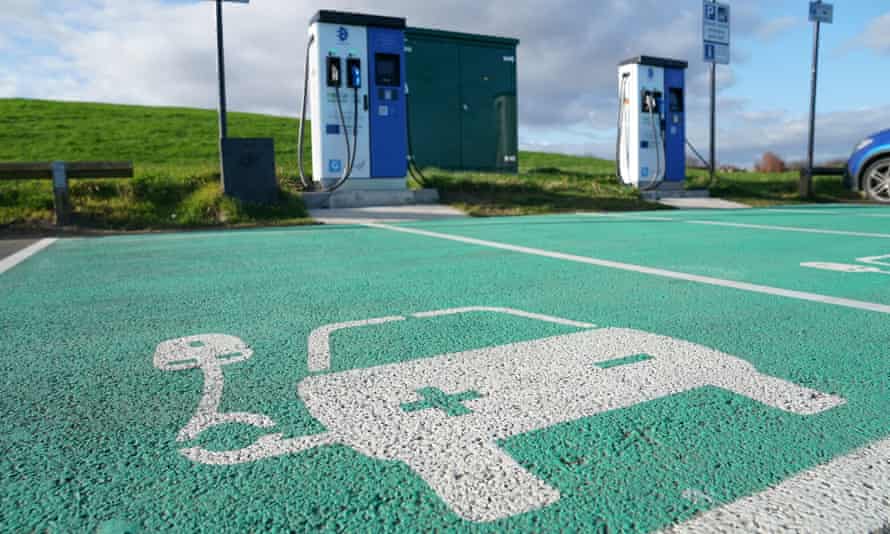Green transport can only succeed with a greener grid
Analysis: UK power infrastructure needs a big upgrade to tackle a surge in electric vehicles and manufacturing of alternative fuels

The challenge of decarbonising the UK’s roads, railways and flight paths will rely on harnessing the UK’s cleaner energy system to power the future of the transport sector.
Carbon emissions from the UK’s energy industry have tumbled in recent years, largely due to the shutdown of old coal power plants in favour of more renewable energy.
But senior energy industry sources have warned that the UK’s ambitious targets to drive down carbon emissions from the transport sector will require an acceleration of green investment in the energy system too.
“The energy industry has a huge role to play in facilitating the decarbonisation of transport,” said Graeme Cooper, the head of future markets at National Grid.
He says a green transport system will require a multibillion-pound investment to rewire ageing power grids and fit vast amounts of electric-vehicle charging infrastructure. Additionally, it will spur a boom in demand for green energy to produce hydrogen for heavy trucks, ferries and long-haul coach travel.
“There will be an uptick in demand for energy, so we need to ensure that we are future-proofing, putting the right wires in the right place for future demand. We also want to ensure that the energy we’re plugging in for the increased demand is as green as possible,” Cooper said.
The energy regulator, Ofgem, recently gave the green light to a GBP300m investment spree to help triple the number of ultra-rapid electric car charging points across the country over the next two years. Energy networks are expected to install 1,800 ultra-rapid charge points at motorway service stations and a further 1,750 charge points in towns and cities. It’s a taste of what’s to come if the UK hopes to meet its green transport targets.
The Energy Networks Association (ENA) estimates that by 2028 the industry will have needed to invest in enough grid connections for charging points to power 8.2 million electric vehicles. A green transport system will also require the equivalent of about 30 terawatt hours of hydrogen fuel per year by the middle of the century, which will require roughly a tenth of the UK’s current electricity use to manufacture, it says.
Peter Kocen at the ENA said the speed of the transition would require a new approach to regulation – one that helped energy companies invest in anticipation of the boom in green transport. “The regulatory environment sets out investment over a five-year period and requires energy networks to provide evidence of immediate ‘need’ for this investment. But energy networks also need to be able to be responsive to the energy transition, including investing before there’s the immediate need,” Kocen said.
Scottish Power is the only UK energy company that invests in the full energy “value chain” – from generating renewable electricity to running power transmission lines and electricity grids, and supplying homes. It believes the challenge ahead may be even greater. The company’s chief executive, Keith Anderson, told the Society of Motor Manufacturers and Traders this year that the company was preparing for more than 30 million electric vehicles to be on the road by 2040.
“By 2050, we’ll need something like 25 million private chargers and 3 million public ones,” he told the trade group’s international motoring summit last month. “That will only be possible if the electricity distribution networks are suitably reinforced to cope with all the additional demand, and a system of fair access for remote or deprived communities is in place.”
In addition, heavy transport “like bin lorries, big buses and boats, [which] are unsuited to battery power” will need green hydrogen – made using renewable electricity and water – to help heavy vehicles, he told the Observer.
The company plans to invest GBP10bn over the next five years in projects ranging from “wind and solar power plants to battery storage – from smart grids to EV charge points and hydrogen electrolysers” to help meet the need for car charging and low-carbon transport.
“In a couple of decades’ time, UK electricity demand will double, as transport, heating and industry all make the shift from carbon. In short, we need to electrify the hell out of everything over the next few years if we’re going to meet our net zero targets,” he said.